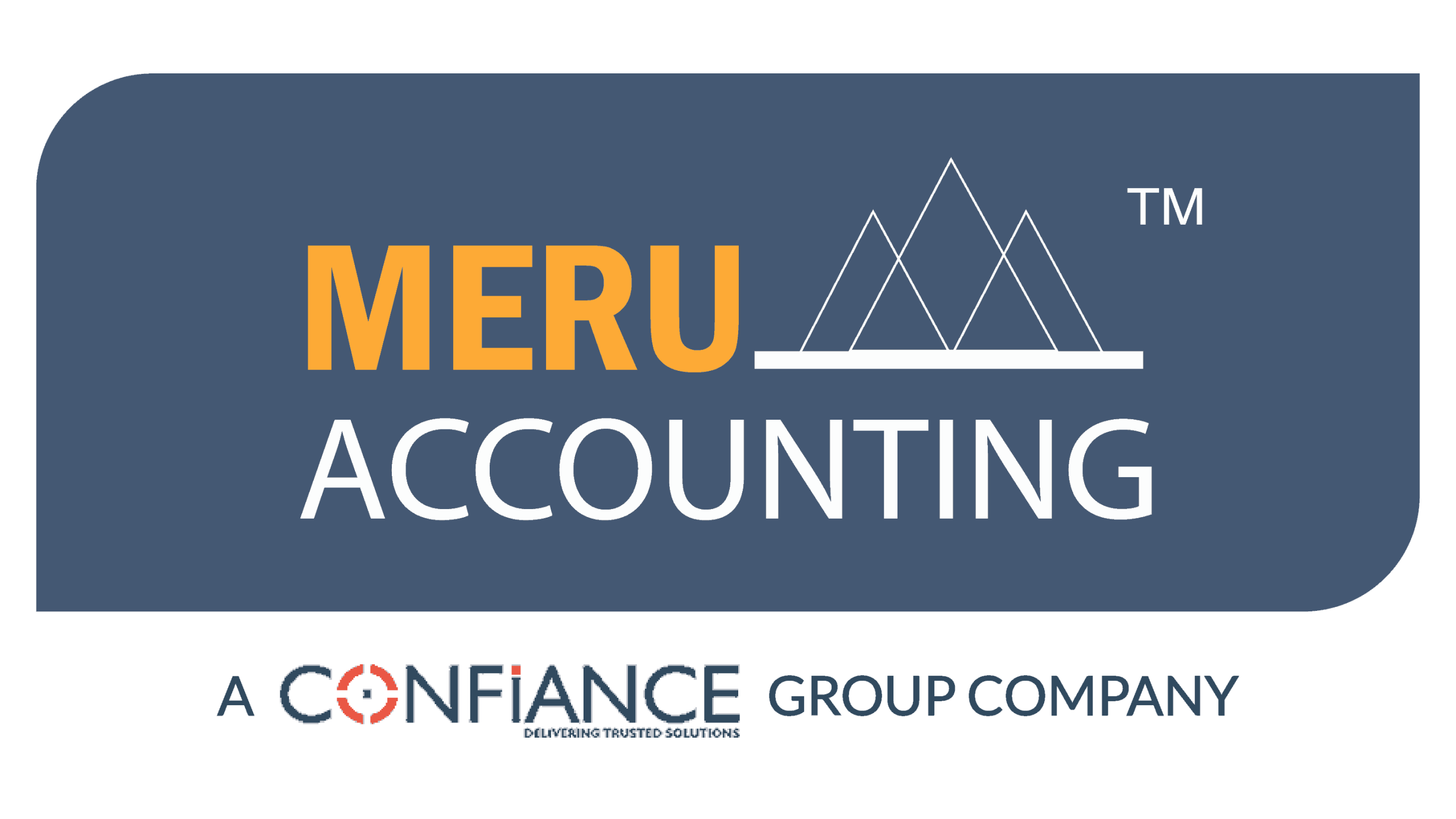How to Conduct a Financial Health Check in the Pharmaceutical Industry
Accounting for the Pharmaceutical industry helps companies track their financial health. It makes sure the business runs well, follows the rules, and stays ready to grow. A regular check looks at cash flow, profit margins, sales, and return on investment. It also reviews assets, debts, and equity to show how strong the company is.
With good accounting, firms can review costs, pricing, and research spending. This helps find problems early, cut waste, and follow the law. A clear health check supports better plans and long-term growth.
Importance of Financial Health Check in the Pharmaceutical Industry
Pharmaceutical industry accounting helps firms make better choices. Here’s why regular financial checks are key:
- Follow the Rules: Keeps you in line with industry rules and financial laws.
Staying compliant helps avoid legal trouble and builds a strong reputation. - Manage Costs: Helps find where money is lost and how to cut spending.
Clear records make it easier to stop waste and boost profit. - Guide Investments: Gives a clear picture before funding new products or sites.
Good data helps you put money where it brings the best return. - Reduce Taxes: Helps you take full advantage of tax deductions and credits.
Lower taxes mean more cash for growth and research. - Control Cash Flow: Keeps daily operations smooth and avoids shortfalls.
Healthy cash flow keeps your work on track without slowdowns. - Spot Risks Early: Helps you fix problems before they grow. Catching issues fast saves time and reduces loss.
- Improve Efficiency: Cuts down waste and sharpens how the company runs.
It also frees up resources for high-value tasks. - Support R&D: Make sure your research has the funds it needs. This ensures steady progress from idea to launch.
Each of these areas benefits from accounting for the pharmaceutical industry. The better your books, the better your decisions.
Simple Steps to Check Your Company’s Financial Health in the Pharmaceutical Industry
Here is a clear and structured method to assess your company’s financial health. Designed specifically for pharmaceutical industry accounting, this system helps identify strengths and areas that may require improvement. Conducting regular financial reviews can strengthen your business, mitigate risks, and support long-term growth.
1. Look at Your Income Sources
- Know where your money comes from. Pharmaceutical industry accounting helps track sales by product type, region, or customer group.
- Check these often. It can show trends and help you find areas that need work or can grow.
2. Watch R&D Costs
- In this field, research and development (R&D) is key. Track your R&D spend with care. Make sure it fits with your goals.
- Check the return on investment (ROI) for each project. This helps you choose where to invest in the future.
3. Review the Cost of Goods Sold (COGS)
- It’s vital to know how much it costs to make your goods. The pharmaceutical industry accounting checks labor, raw materials, and overhead.
- Look for weak spots in your process. Fixing them can lower costs and boost profits.
4. Monitor Operating Costs
- Costs like admin, sales, and shipping can add up fast. Use pharmaceutical industry accounting to track these often.
- Make sure each cost has a clear purpose. Cut costs where you can, but still meet all rules and keep quality high.
5. Check Cash Flow Often
- Cash flow keeps your business going. In pharmaceutical industry accounting, this is key since product work costs a lot and takes time.
- Check your cash flow statements often. Make sure you have enough cash to pay bills and meet short-term needs.
6. Know Your Debt Levels
- Big projects in this field often need loans. Use pharmaceutical industry accounting to track your total debt.
- Look at your loan terms and see if better options exist. If rates are high, think about refinancing.
How Financial Health Check Helps the Pharmaceutical Industry
1. Cost Management
- Identifying Wasteful Spending: Detects areas of unnecessary expenses, helping reallocate resources more efficiently.
- Optimizing Operational Costs: Highlights opportunities to reduce manufacturing, distribution, and overhead costs.
2. Tax Optimization
- Identifying Deductions: Identifies tax-deductible expenses and credits available, reducing overall tax liability.
- Tax Planning: Helps implement strategies for future tax savings, including tax-efficient investment strategies.
3. Risk Mitigation
- Debt Management: Identifies high-interest or unsustainable debts and recommends strategies for reduction.
- Currency and Market Risk: Helps to control currency and market risks in international business
4. Operational Efficiency
- Process Optimization: Identifies processes to simplify the finance function for productivity enhancement
- Automation Opportunities: Points to automate those tasks to reduce errors and free up human resources

5. R&D Funding
- Budget Allocation: Supports funds toward research and development for innovations on new products.
- Maximizing Grants: Offers opportunities to acquire government or private R&D grants to fund innovation.
6. Cost of Goods Sold Optimisation
- Inventory Control: Helps control production costs due to optimized levels of stock and waste.
- Supplier negotiation: Helps identify opportunities whereby better rates can be derived from suppliers for raw materials.
7. Investor Confidence
- Transparent Finances: Accurate and transparently presented financial reports attract investors.
- Positive Financial Outlook: Develops the company’s financial position, which increases investor confidence as regards long-term success.
8. Debt Management
- Reducing Debt Load: These tools help compare debt levels and offer ways to lower debt without harming day-to-day work.
- Interest Rate Talks: They also help spot chances to lower loan rates, which can cut costs and boost cash flow.
Conclusion
Running a financial health check is a must for success in the pharma field. It helps manage money, plan growth, and meet rules. With the help of Meru Accounting, your business can get expert support tailored for the pharma world. We offer custom solutions that help you cut costs, grow stronger, and stay ahead in this fast-moving industry.
FAQs
- Why is financial health important in the pharmaceutical industry?
Because drug development costs a lot, you need to keep your finances strong. It helps avoid delays and ensures long-term success. - How does accounting help with R&D in pharma?
It tracks every dollar spent on research to make sure the funds are used wisely and tied to company goals. - What are the common cost problems in pharma firms?
Overspending in production, marketing, or research is common. Accounting helps spot and fix these early. - Can financial checks improve investor confidence?
Yes. Good records show you’re in control, which builds trust with new and current investors. - How often should financial checks be done?
Every quarter is ideal, but even once or twice a year is better than none. Regular checks keep you informed.








